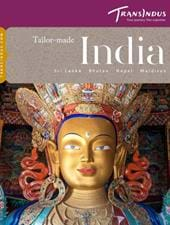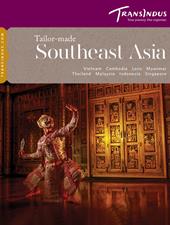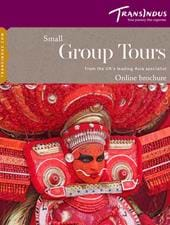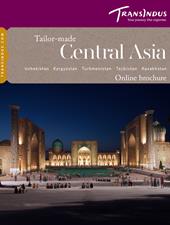‘Plov’, from the Persian ‘pilaw’, is the national dish of Uzbekistan. Consisting of rice, carrots, onions and meat – usually mutton, but also lamb or beef – it’s slow cooked in sheep’s fat, and traditionally served with horse-meat sausage and little white quails’ eggs.
You’ll come across versions of the dish in restaurants across the country, but the best are reserved for weddings and important feasts. Failing that, visit the legendary ‘National Plov Centre’ in north Tashkent.
Located next to the capital’s futuristic TV Tower and Victims of Repression monument, the Soviet-era building houses a giant, high-ceilinged hall where literally thousands of plates of plov are served daily. Outside on the terrace, teams of ‘oshpaz’, specialist chefs, toil over huge ‘khazan’ (‘cauldrons’), stirring the rice and other ingredients together with heavy skillets before plating the meals up on blue-and-white ‘lagan’.
The whole process is conducted at a brisk pace and with a great air of seriousness, underlining the fact that plov is more than just a mere dish – it is central to Uzbek identity, and synonymous with local traditions of hospitality.









